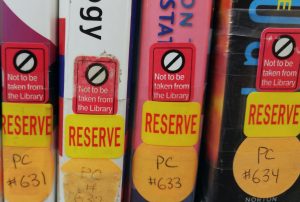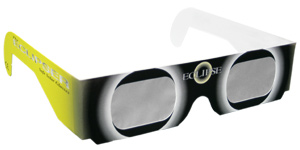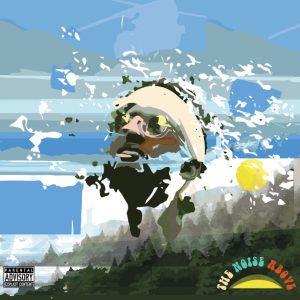When a group of upstart colonists declared their territories independent of the British Crown on July 4, 1776, they did it in a petition addressed to King George III. In the weeks following, this Declaration of Independence was reprinted, discussed and debated both in the colonies and in Britain, in newspapers, letters, pamphlets, and broadsides.
You can now read those debates and discussions, and see them scanned online, whether celebratory, like a news item from New York:
We hear from Ticonderoga that on the 28th of July, immediately after divine Worship, the Declaration of independence was read by Colonel St. Clair, and having said, “God save the Free Independent States of America!” the army manifested their Joy with three Cheers. It was remarkably pleasing to see the Spirit of the Soldiers so raised after all their Calamities, the Language of every Man’s Countenance was, now we are a People! We have a Name among the States of this World.
New York, August 19, 1776. New York Gazette and Weekly Mercury.
or dismissive, as in an essay written by Tory Governor of Massachusetts Thomas Hutchinson:
They begin with a false hypothesis, That the Colonies are one distinct people and the kingdom another, connected by political bands. The colonies, politically considered never were a distinct people from the kingdom. There never has been but one political band, and that was just the same before the first Colonists emigrated as it has been ever since.
Hutchinson, Thomas, Strictures up the declaration of the Congress at Philadelphia, 1776.
These essays and much more are available in two of our newest licensed online collections:
America’s Historical Newspapers, and
Eighteenth Century Collections Online.
America’s Historical Newspapers (Series I, 1690-1876) spans an extraordinary period in our history, from the Salem Witch trials to post-Civil War reconstruction. With newspapers from every part of the United States, scanned from more than 90 repositories including the Library of Congress and the American Antiquarian Society, from Benjamin Franklin’s
Pennsylvania Gazette to Alexander Hamilton’s
New York Evening Post, this collection offers Northeastern researchers the first draft of American history.
 Eighteenth Century Collections Online
Eighteenth Century Collections Online is the place to look for British perspectives. Based on the English Short Title catalog, it offers scans of works published in Britain 18th century, plus English language publications from other parts of the world. The period encompasses Boswell’s
Life of Johnson, Hume’s
History of England, and an early how-to: Best’s
Concise Treatise on the Art of Angling. With printed books, pamphlets, essays, and broadsides, this collection complements another important collection,
Early English Books Online, to offer Northeastern researchers an online library encompassing almost the entire printed record of the English Renaissance as well as the English Enlightenment.
Exploring these two newly licensed collections allows us to understand, from the point of view of the people living at the time, the bonds that united Britain and America, as well as the forces that pulled us asunder.
 Faculty and staff, this is the perfect time to submit your course reserve requests for Fall 2017! Classes will be underway in less than two weeks, and the sooner we receive your materials, the sooner we’ll have them ready for students to borrow. To request library materials for reserve, submit this form (myNEU login required). The library doesn’t purchase textbooks for courses, but we’d be happy to add your personal copies to our catalog; just print out the completed request form and drop it off with your textbooks at the Help and Information Desk on the 1st floor.
Feel free to get in touch with me directly with any questions or concerns.
Faculty and staff, this is the perfect time to submit your course reserve requests for Fall 2017! Classes will be underway in less than two weeks, and the sooner we receive your materials, the sooner we’ll have them ready for students to borrow. To request library materials for reserve, submit this form (myNEU login required). The library doesn’t purchase textbooks for courses, but we’d be happy to add your personal copies to our catalog; just print out the completed request form and drop it off with your textbooks at the Help and Information Desk on the 1st floor.
Feel free to get in touch with me directly with any questions or concerns.
 that looking for a book could lead to the recording of a full-length album?
This was the experience of Tirelle Barron, a New York based artist currently in his fifth year at Northeastern University, majoring in Design. As Tirelle was perusing Snell Library, he walked into the Digital Media Commons
that looking for a book could lead to the recording of a full-length album?
This was the experience of Tirelle Barron, a New York based artist currently in his fifth year at Northeastern University, majoring in Design. As Tirelle was perusing Snell Library, he walked into the Digital Media Commons